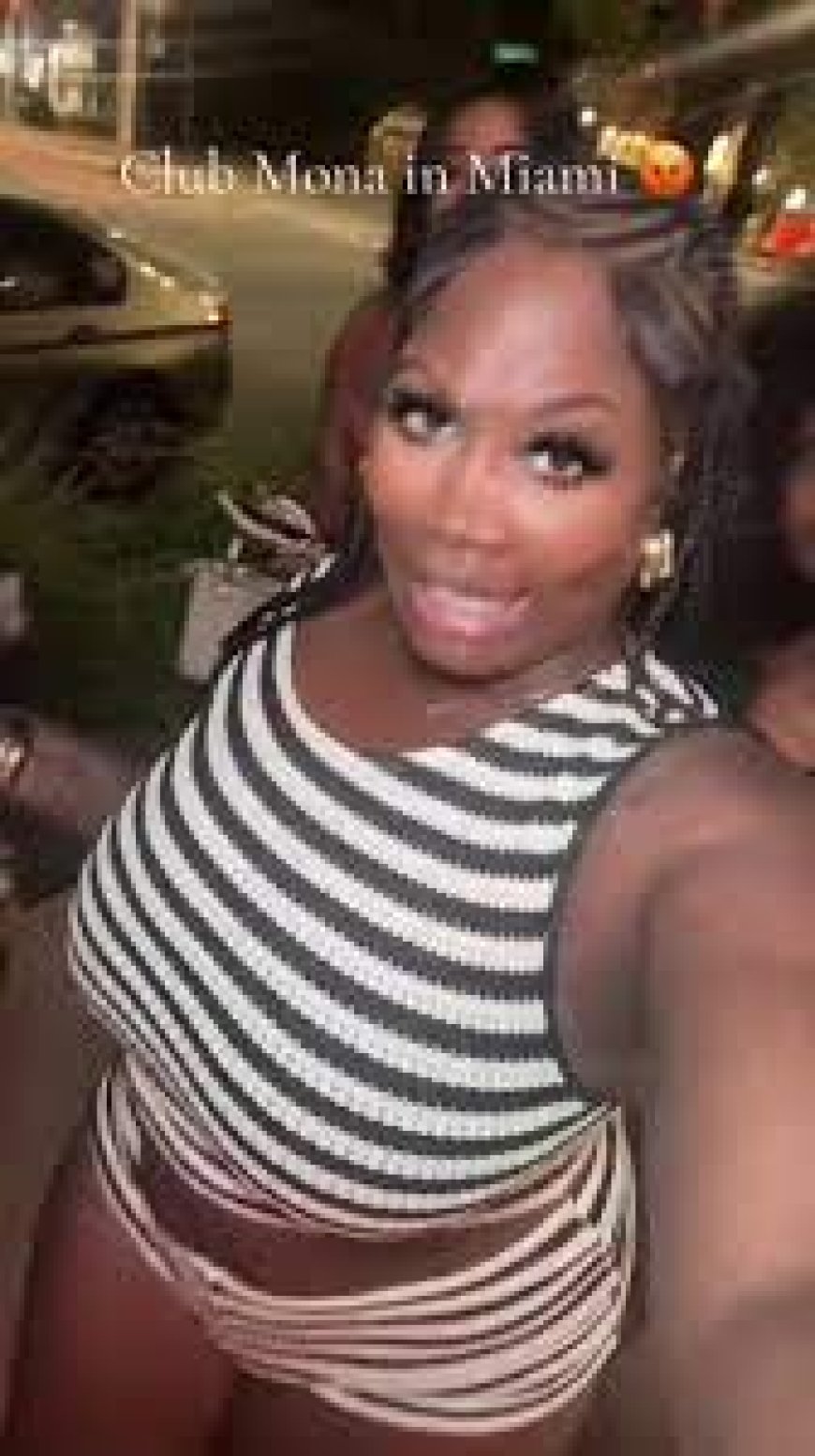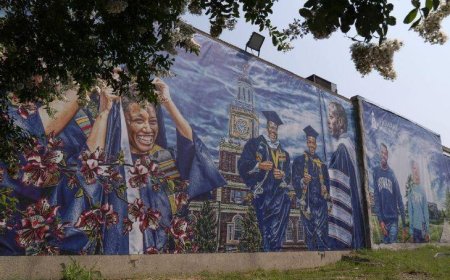Too Dark, Too Thick: Colorism Lawsuit Against Miami Club Sparks Outrage and Reflection
A Miami nightclub faces legal heat after a Black woman was allegedly denied entry for being “too dark” and “too thick.” Her viral video ignites urgent conversations around colorism, body bias, and internalized anti-Blackness.

Relevance to Black Community: High Impact
This case strikes at the heart of how racism, colorism, and fatphobia still fester in Black spaces—from beauty standards to club doors—harming Black women the most.
“Too Dark, Too Thick”: The Accusation That Sparked a Firestorm
On what should have been a night out in Miami, Mishawnna Bynum was allegedly turned away from Club Mona, told by a promoter that she was “too dark” and “too thick” to get in. The experience left her humiliated, but it didn’t stay quiet for long.
Bynum took to TikTok to share her story—and it exploded. Her video has now garnered over 2.5 million views and counting, igniting widespread discussions about colorism and body policing in Black nightlife scenes.
“I looked around and all the girls getting in were light-skinned, slim, and racially ambiguous,” Bynum said in the viral clip. “I knew what it was. I felt it.”
Legal Action: Lawsuit Filed Against Club Mona
Bynum has since filed a formal lawsuit against Club Mona, alleging discrimination based on skin tone and body size. Her attorneys argue that the incident isn’t isolated, but part of a longstanding and harmful pattern of exclusion in nightlife culture—particularly in cities like Miami, Atlanta, and L.A., where appearance-based door policies often favor Eurocentric beauty ideals.
“We will not accept anti-Blackness, even when it’s dressed up and marketed within our own community,” her lawyer stated during a press conference.
Club Mona has denied the allegations and said it "does not condone discrimination of any kind," promising an internal review.
A Mirror to Ourselves: Internalized Anti-Blackness in the Club Scene
While many Black people have long known that skin tone and body type can determine access in the nightlife scene, this incident put the issue on public trial. Social media flooded with similar testimonies—mostly from darker-skinned Black women—recounting how they were passed over for entry or sidelined inside clubs in favor of “lighter and slimmer” women.
Club promoters have openly admitted to filtering who gets in based on looks—what some call a “pretty girl privilege” that is all too often code for proximity to whiteness.
And here’s the real kicker: many of these gatekeepers are Black men.
“We have to talk about how we treat each other,” said activist and writer Ernest Owens. “Colorism is white supremacy wearing Blackface.”
Beauty Standards, Gatekeeping, and the Mental Toll
For Black women, especially those on the darker end of the spectrum or with fuller bodies, the message is clear: your beauty is conditional. That conditionality can come at great psychological cost.
Bynum’s video touched a nerve because it reflected a reality many endure silently—the microaggressions, the subtle exclusions, the outright rejections that chip away at self-worth.
Mental health professionals emphasize that this kind of repeated bias can lead to long-term issues with self-esteem, anxiety, and body image. And the most insidious part? It’s often delivered by people who look just like us.
Community Response: Loud, Clear, and Long Overdue
Since the lawsuit hit the news, support has poured in for Bynum. Activists have launched hashtags like #ShutDownClubMona and #TooDarkTooThick to bring awareness. Others are calling for more inclusive nightlife experiences where Blackness in all its forms is celebrated—not filtered.
Cultural influencers, including beauty entrepreneurs and nightlife veterans, are speaking up too. Some are pledging to boycott venues with known histories of exclusion. Others are urging partygoers to redirect their dollars to Black-owned clubs that honor all bodies and shades.
What's Next?
Bynum’s lawsuit could set a powerful legal precedent, especially if it wins on grounds of discrimination within a private venue. But even more critical is the cultural impact: a reckoning within the Black community around who gets to be seen, heard, and celebrated.
Her courage has cracked open a door—and the community is ready to walk through.
What's Your Reaction?
 Like
0
Like
0
 Dislike
0
Dislike
0
 Love
0
Love
0
 Funny
0
Funny
0
 Angry
0
Angry
0
 Sad
0
Sad
0
 Wow
0
Wow
0





